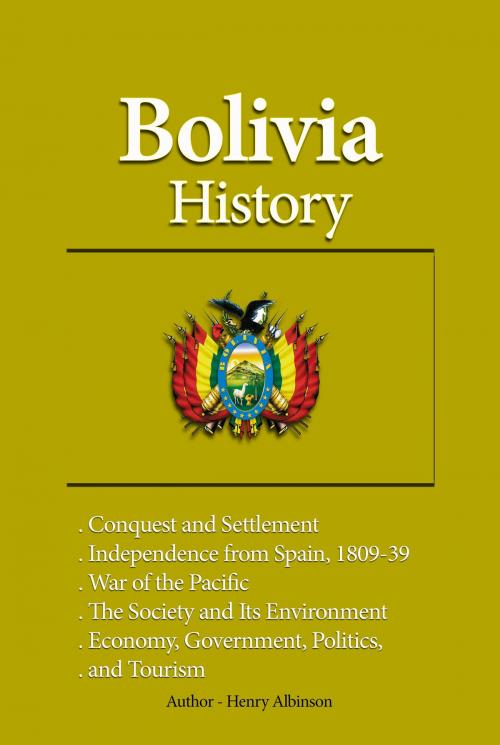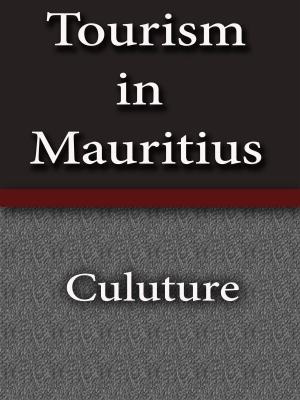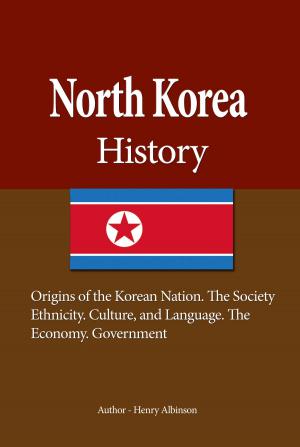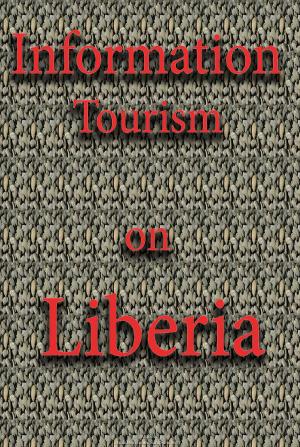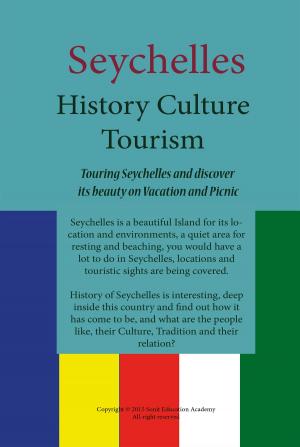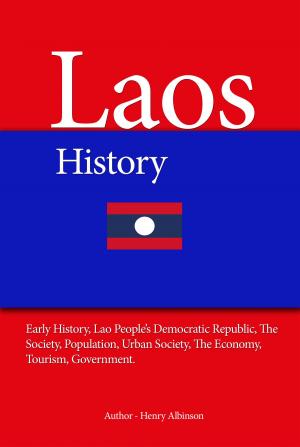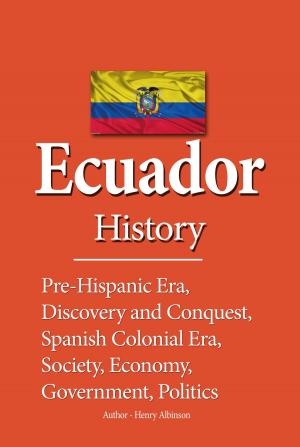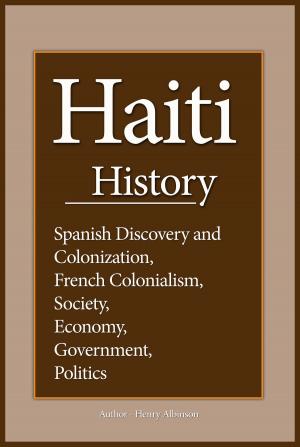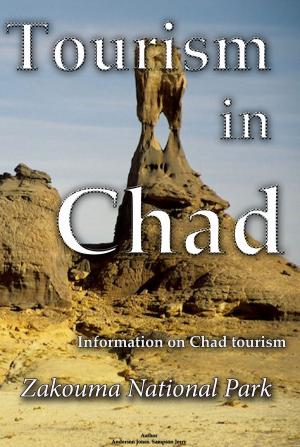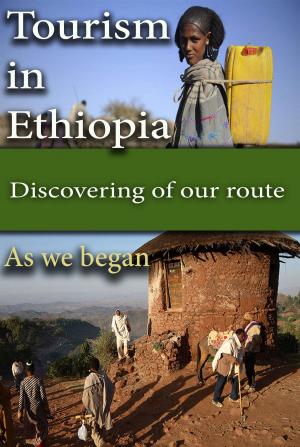Bolivia History
Nonfiction, History, Americas, South America, Fiction & Literature, Cultural Heritage| Author: | Henry Albinson | ISBN: | 9781310286223 |
| Publisher: | Sonit Education Academy | Publication: | June 25, 2016 |
| Imprint: | Smashwords Edition | Language: | English |
| Author: | Henry Albinson |
| ISBN: | 9781310286223 |
| Publisher: | Sonit Education Academy |
| Publication: | June 25, 2016 |
| Imprint: | Smashwords Edition |
| Language: | English |
The history of the republic of Bolivia reflects both its pre-Columbian and its colonial heritage. Bolivia culture, Bolivia people, Bolivia government and politics, Bolivia investment. The ruins of Tiahuanaco testify to the first great Andean empire. Bolivians still speak the languages of the Aymara kingdoms and of their Quechua conquerors; the society remains predominantly Indian and rural, and only a minority is monolingual in Spanish. Nevertheless, Spain also left its imprint in the political, economic, and social spheres. During 300 years of colonial rule, Spain imposed its institutions on the colony and concentrated on mineral exports, which are still the backbone of the Bolivian economy. Using forced Indian labor, local entrepreneurs extracted the mineral wealth--the silver deposits at Potosí were the largest in the Western world--and shipped it to Spain in accord with the prevailing mercantilist practices.
After Bolivia received independence from Spain in 1825, political instability became endemic. Rivalries among caudillos resulted in numerous coups and countercoups. Despite attempts at reform by the nation's first three presidents, the economy did not recover from the disruptions caused by the wars of independence; taxes paid by the Indians were the main sources of income for the governments
The history of the republic of Bolivia reflects both its pre-Columbian and its colonial heritage. Bolivia culture, Bolivia people, Bolivia government and politics, Bolivia investment. The ruins of Tiahuanaco testify to the first great Andean empire. Bolivians still speak the languages of the Aymara kingdoms and of their Quechua conquerors; the society remains predominantly Indian and rural, and only a minority is monolingual in Spanish. Nevertheless, Spain also left its imprint in the political, economic, and social spheres. During 300 years of colonial rule, Spain imposed its institutions on the colony and concentrated on mineral exports, which are still the backbone of the Bolivian economy. Using forced Indian labor, local entrepreneurs extracted the mineral wealth--the silver deposits at Potosí were the largest in the Western world--and shipped it to Spain in accord with the prevailing mercantilist practices.
After Bolivia received independence from Spain in 1825, political instability became endemic. Rivalries among caudillos resulted in numerous coups and countercoups. Despite attempts at reform by the nation's first three presidents, the economy did not recover from the disruptions caused by the wars of independence; taxes paid by the Indians were the main sources of income for the governments
